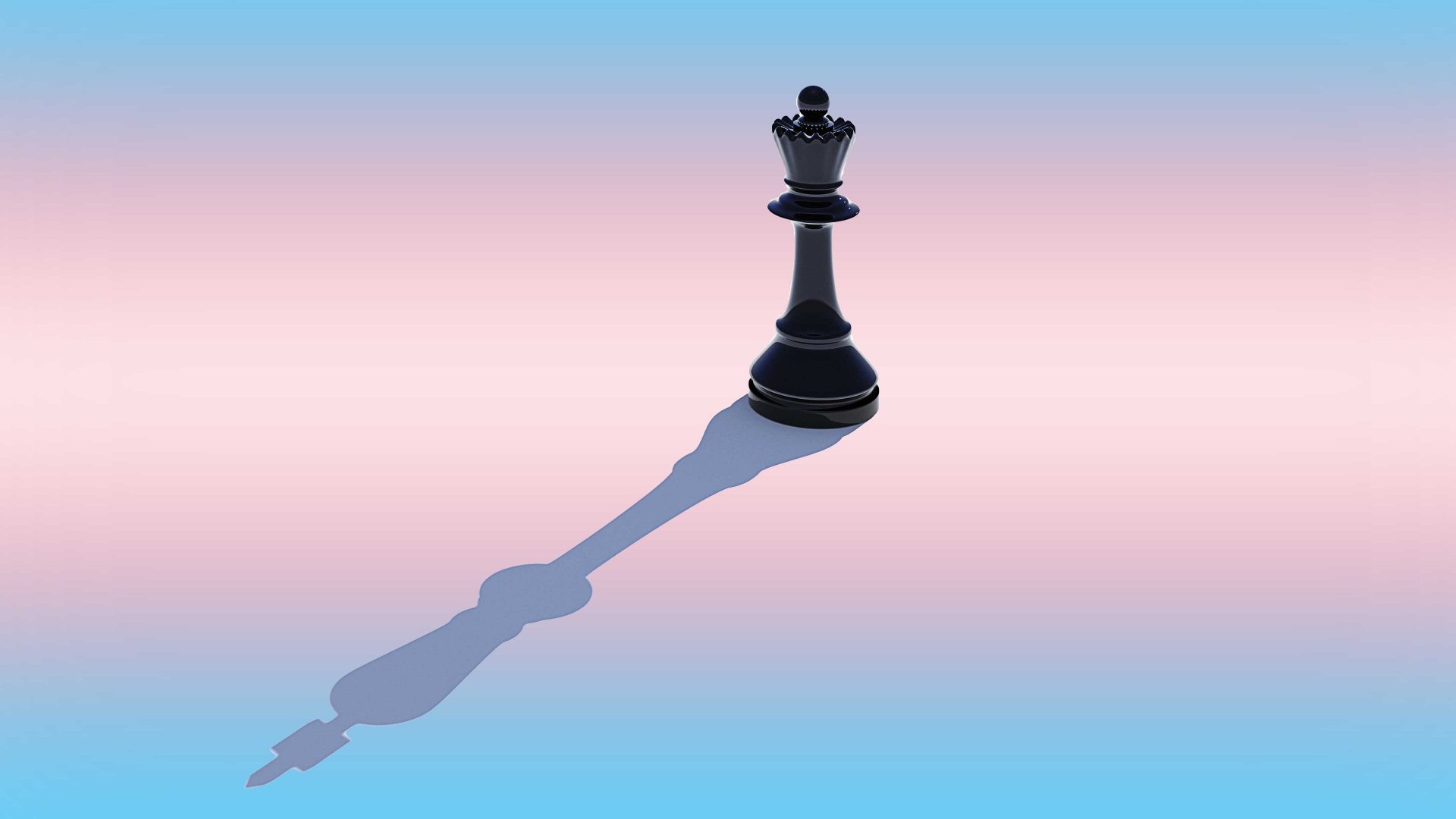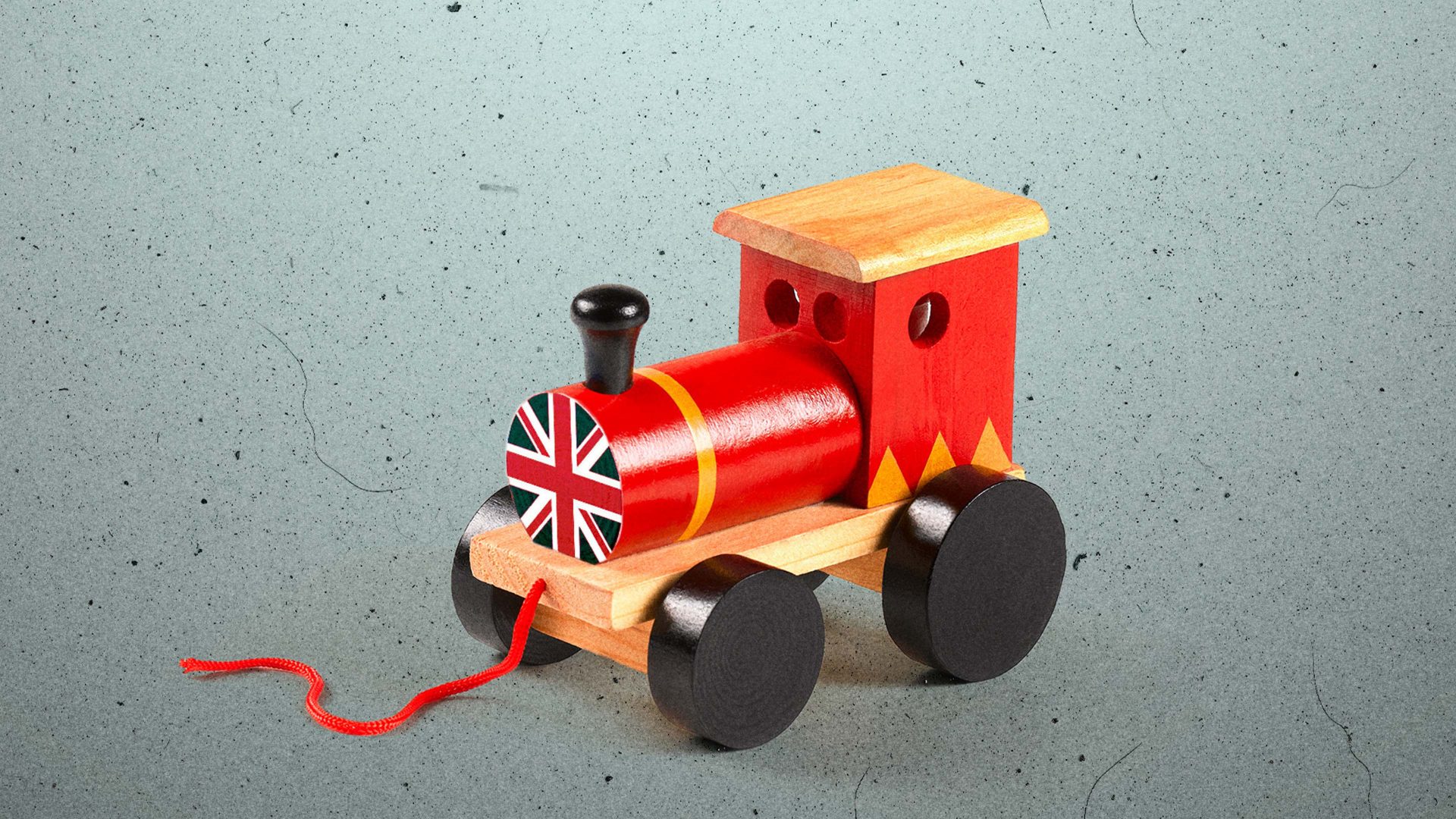Is chess a sport? No. The International Olympic Committee recognises it as one, but they’re wrong. It’s a game, not a sport.
Playing a game is, as the brilliant but relatively unknown Canadian philosopher Bernard Suits pointed out in The Grasshopper: Games, Life and Utopia, “the voluntary attempt to overcome unnecessary obstacles”. If you’re playing golf, you could just walk up to the hole and pop the ball in by hand. But that wouldn’t count. Why? Because in a game you can only achieve the desired result by following the rules that specify how you get there. In golf, you must overcome the unnecessary obstacle of hitting the ball with a series of clubs. In chess, you win by achieving checkmate, but you must abide by the rules about how pieces move.
Ludwig Wittgenstein claimed that “game” can’t be defined by giving necessary sufficient conditions. He thought that if you looked at the range of activities we call games, you’ll find no single common denominator, no defining feature they all share. There is, rather, only a pattern of overlapping resemblances between them.
As a group of language users we collectively decide whether the overlap is sufficient to warrant calling something a game. Wittgenstein believed that “game” was what he called a “family resemblance term”. Suits refuted that by providing a neat definition that applies to all games.
What makes golf a sport as well as a game? David Papineau’s analysis is convincing on this. He argues that the point of sports is the exercise of physical abilities. That’s their crucial distinguishing feature.
Chess doesn’t meet this criterion. Even though players move their pieces, that’s not an essential part of the game, and not what the players are trying to get better at doing. In principle someone else could be instructed to shift those pawns and it would still be a game of chess. Players don’t need to practise the physical skill of moving their knights or castling. It’s an intellectual game; a game of the mind, and one that can even be played by two people imagining a board and pieces and remembering each other’s moves.
Some people have argued that chess is more physical than this, and, at the highest levels, requires stamina, since championship games can last more than seven hours, and that this is sufficient to make it a sport. I’m not convinced.
It’s very interesting, in the light of this, that the International Chess Federation (FIDE) has temporarily banned transgender women from playing in the women-only class of chess competitions in order to do further analysis. Transgender women are still free to compete in the open section. The English Chess Federation has responded to this opening gambit with a robust defence: a refusal to comply, a move also made by German and French chess federations.
This ban is very different from the situation in competitive cycling, where the world governing body, the UCI, after considering scientific evidence, has excluded from women-only events transgender cyclists who had transitioned after male puberty. The benefits from testosterone at puberty, and possible biomechanical effects of the structure of the hips and legs, give transgender women significant advantages. On those grounds, to keep competition fair, transgender women will have to compete in the open category. Had there been no conferred advantage in going through male puberty, then transgender women would have been allowed to continue competing in the women-only races.
But in chess there’s no obvious strength component that would give transgender women any advantage over biological women. So why the ban? FIDE has suggested that physical endurance can be important in the game. That seems a weak argument, and needs empirical investigation.
Another possible response is that male brains may be more adept at recognising complex spatial patterns. That is controversial and hard to prove as social factors and prejudices have made it difficult for female chess players to flourish. But if the brain differences argument is corroborated, that would make a future chess ban similar to the cycling one in that it would be based on physiological differences that give born-male competitors as a group an advantage.
Evidence about relative muscle power and endurance used by the governing bodies of sports such as cycling, swimming and athletics, though, won’t transfer easily to chess. FIDE is giving itself up to two years to sort this all out. Recognising that chess is not a sport might bring greater clarity to the end game here – but don’t expect that move.



